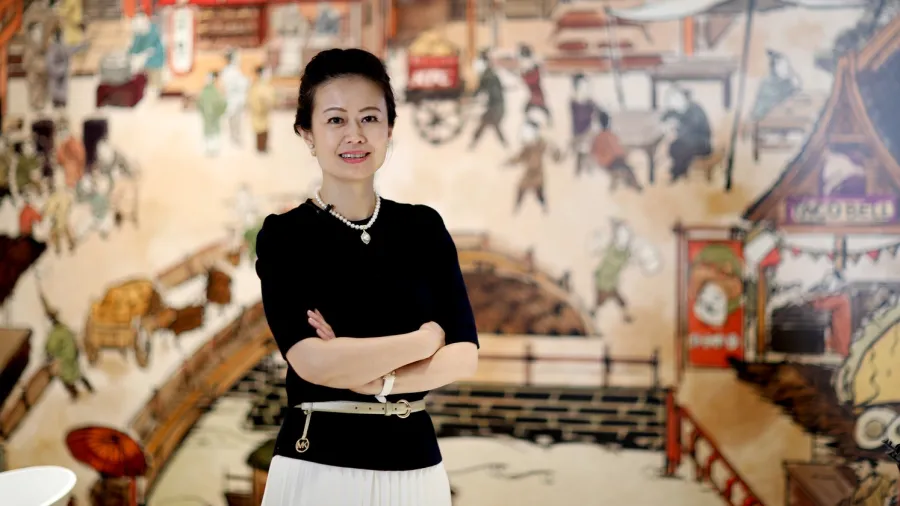
Yum China champions smart restaurant management
Automation is expected to power the company’s expansion across China.
Yum China Holdings, Inc. aims to automate using artificial intelligence (AI) most back-of-house operations in five years, including staff training, as it rapidly expands its KFC, Pizza Hut, and Taco Bell operations across the nation.
“A key advancement will be the capability for AI-enhanced training to quickly bring newly hired crew members up to speed on all aspects of restaurant operations,” Leila Zhang, chief technology officer at Yum China, told QSR Media Asia.
“In the years ahead, this will further enhance our capability to expand rapidly and seize business opportunities across China,” she added.
AI is deeply integrated into the Shanghai-based restaurant operator—the largest in China. The company’s internal platform, called Super Brain, helps restaurant general managers make decisions using data from sales forecasts, inventory, and labour scheduling.
“It employs AI to manage a variety of key processes such as sales forecasting, inventory management, and labour scheduling, helping to support restaurant general managers’ decision-making whilst identifying opportunities for cost savings and other efficiency improvements,” Zhang said.
Restaurant general managers also use Pocket Manager, which was recently upgraded with generative AI features and gives them real-time performance insights.
AI is also involved in hiring. Early-stage recruitment, such as screening resumes and conducting initial interviews, is now partially automated, giving managers more time to run their stores.
Automation reaches the supply chain as well. “In procurement and sourcing, we are deploying AI in various ways to drive higher accuracy and efficiency in our operations, such as tracking price fluctuations and analysing bidding prices,” Zhang said.
AI also helps with planning logistic routes and managing inventory through automated storage systems.
Last year, Yum China rolled out its iKitchen system in all Pizza Hut stores, adding AI-powered food quality checks. “The system features AI-enabled food quality inspection to ensure that our pizzas are consistently made to perfection.”
On the customer side, AI tools are used to analyse product feedback and adjust operations within 24 to 48 hours of a new launch.
The company’s AI-powered customer service assistant resolves 90% of customer issues without human help. AI also plays a role in monitoring food safety risks in real time.
Digital technology has long been part of Yum China’s strategy, Zhang said. “We were one of the first quick-service restaurant companies in China to introduce digital payments as far back as 2015.”
By 2024, about 90% of Yum China’s sales were through digital orders. As of March 2025, its KFC and Pizza Hut loyalty programs had more than 540 million members.
“Chinese consumers are highly digital-savvy and are always looking for something new and exciting,” Zhang said.
However, the digitalisation push comes with challenges. One of them is getting employees to adopt the tools and hiring people who have experience with AI.
“To better equip our people in the AI era, we developed a series of AI-related learning courses, which in 2024 enabled tens of thousands of our people to learn and apply AI tools effectively,” Zhang said.
In March, the company kicked off its first Yum China All-Staff Hackathon, encouraging its people to participate in technology innovation by developing technology-based solutions to fix business pain points, she added.
But humans are still at the centre of its operations. In everything that they do, their managers are always taken into account, she pointed out.
“I envision restaurants of the future as having a combination of frontline human presence along with a high level of automated operations that ensures customers’ needs are met, whilst at the same time optimising processes to the greatest extent possible,” she added.
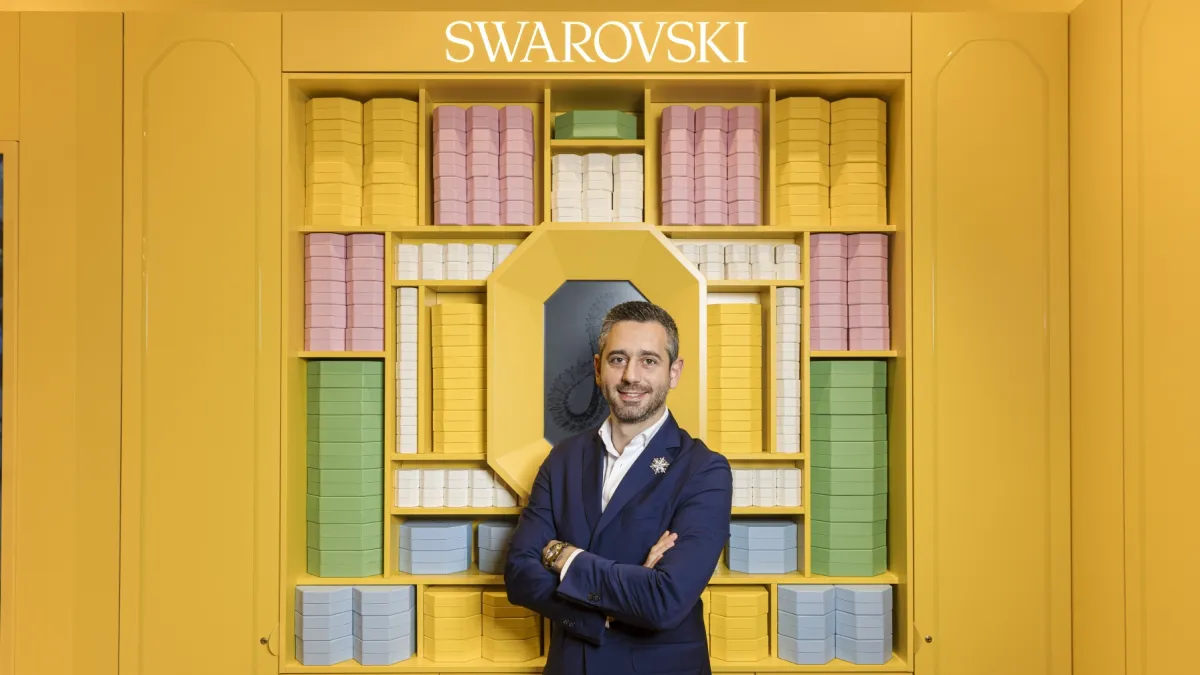
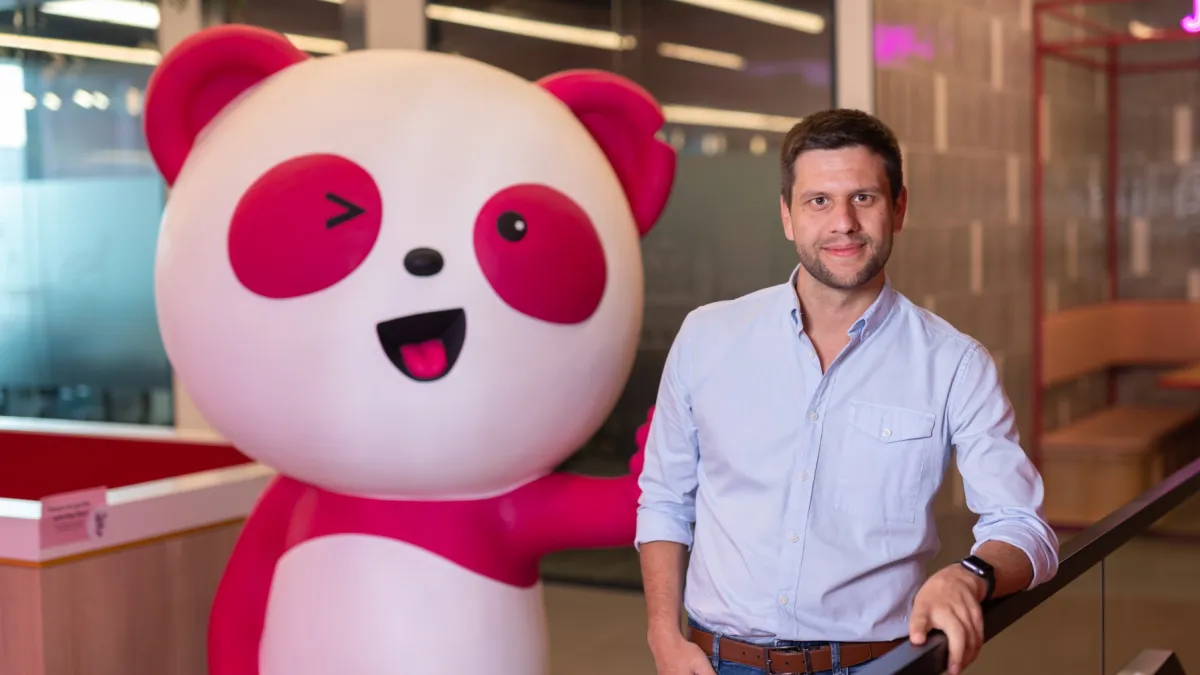


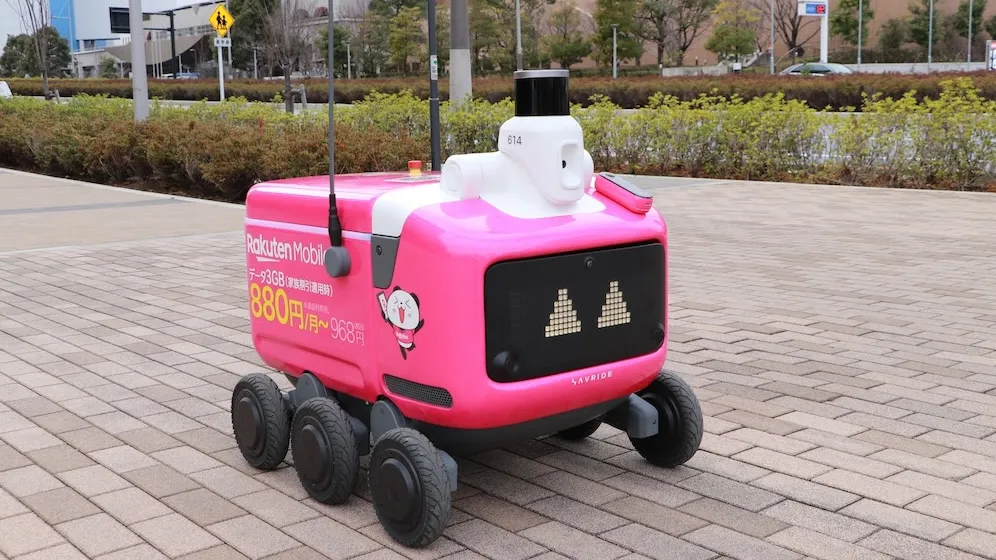



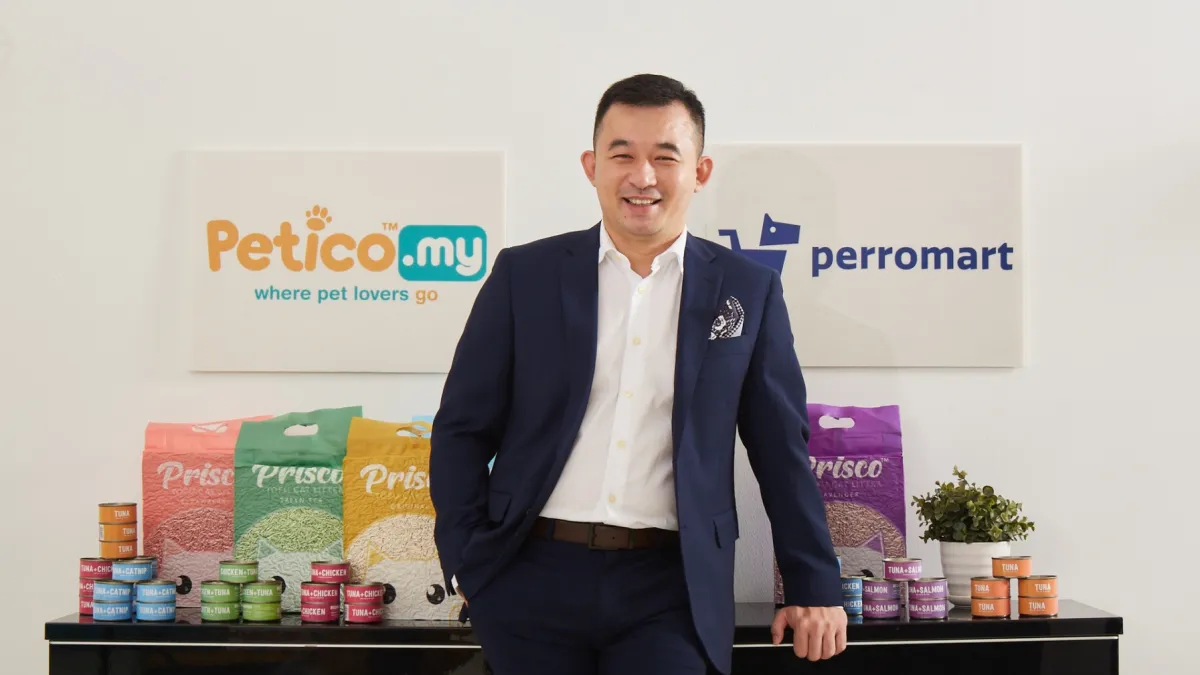
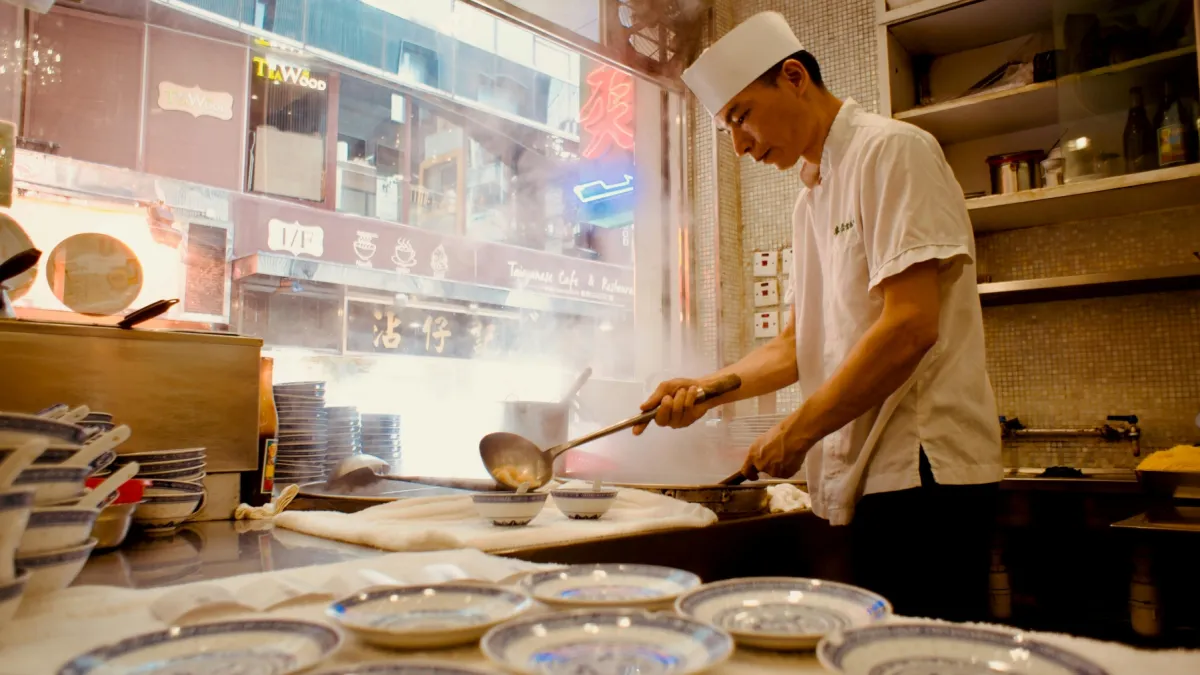

 Advertise
Advertise









